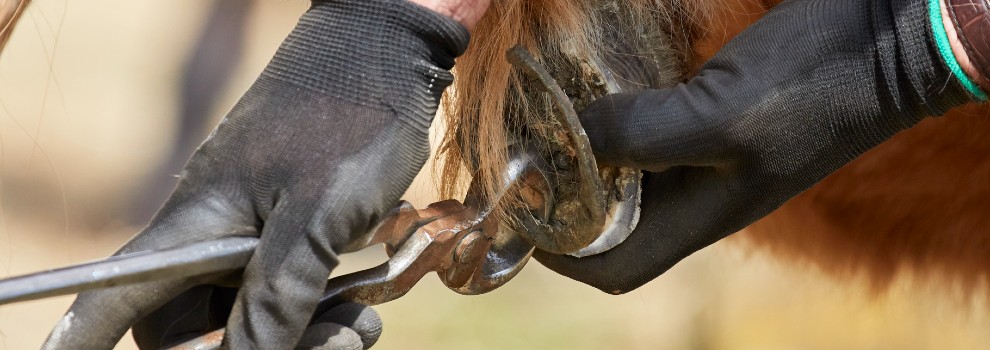- Find a Pet
- Advice and Welfare
- Ways to Give
- Get Involved
- What We Do
- Search
- My RSPCA
- Report a concern
- Gift in Wills
-
Colour modeVivid Calm
- Home
- Advice and welfare
- Pets
- Horses
- Health and welfare
Horse health and welfare
When you own a horse or pony, part of making sure they're happy and healthy is keeping them safe from pain, suffering, injury and disease. Here are a few things to remember:

Regular health checks and prevention
- Check your horse for signs of injury and illness – do this every day, and make sure someone else does this for you if you're away.
-
Speak with your vet about a vaccination programme for your horse; at the very least they should be vaccinated against equine influenza and tetanus, with boosters as advised by your vet.
-
You should also speak with your vet about developing a deworming programme for your horse, based upon regular testing and administering dewormers only when testing indicates this is required. Your vet is the best person to advise you about this.
-
Poorly fitting tack can cause injury and pain, as can poor riding technique or riding by people too heavy for the horse. Check your horse's tack regularly to make sure it still fits properly, and keep it clean and properly maintained.
-
Learn to recognise lameness – if your horse becomes lame, they shouldn't be worked and you should consult your vet.
Teeth and hooves
- Inspect hooves daily, including picking out the underside of the foot. Overgrown or unbalanced hooves can cause severe discomfort and damage to the internal structure of the feet, legs and back.
-
Regular farrier checks – your horse should be seen by a farrier registered with the Farriers Registration Council around every six weeks, even if they're unshod. Your registered farrier will advise how regularly they need to visit, as this can vary depending on season, workload and type of work.
-
Regular dental checks – horses' teeth erupt through the gums continuously. They can develop hooks and sharp edges, which can cause painful injuries inside the mouth. Get them checked by an equine vet or qualified equine dental technician (a member of the BAEDT or Category 2 member of the World Wide Association of Equine Dentists) at least once a year.
Vet
-
Consult a vet if you suspect that your horse is in pain, ill or injured – a change in the way your horse behaves can be an early sign that something's wrong.
-
Only use medicines prescribed for your horse by your vet; they can be dangerous if given to the wrong animal. Use and store them according to the instructions.
-
Insure your horse to help cover the cost of veterinary treatment; such costs can be very significant indeed.
Before you buy or breed
- Before buying a horse, find out what health and behaviour problems they have or may be prone to. Always check with your vet if you're unsure about anything. It’s wise to obtain a veterinary pre-purchase exam (‘vetting’) of any horse you’re considering buying; although this may be costly it may spare you far greater cost and heartbreak later on.
-
Before allowing horses to breed, check with your vet and ensure you have a plan in place to care for both parents and foal. Remember, there are usually many more horses than there are good homes for.
-
We believe you have a responsibility for the welfare of any animal you decide to breed for their lifetime, which can be 30 years or more for a horse. Therefore, unless you are prepared to accept this responsibility we would strongly encourage you not to breed. See World Horse Welfare’s excellent ‘Need to breed?’ initiative for more information.
For more tips on keeping your horse happy and healthy, read our Equine Health and Welfare Checklist. You can also find out more about caring for your horse or pony in our guides to their diet, company, behaviour and environment.



